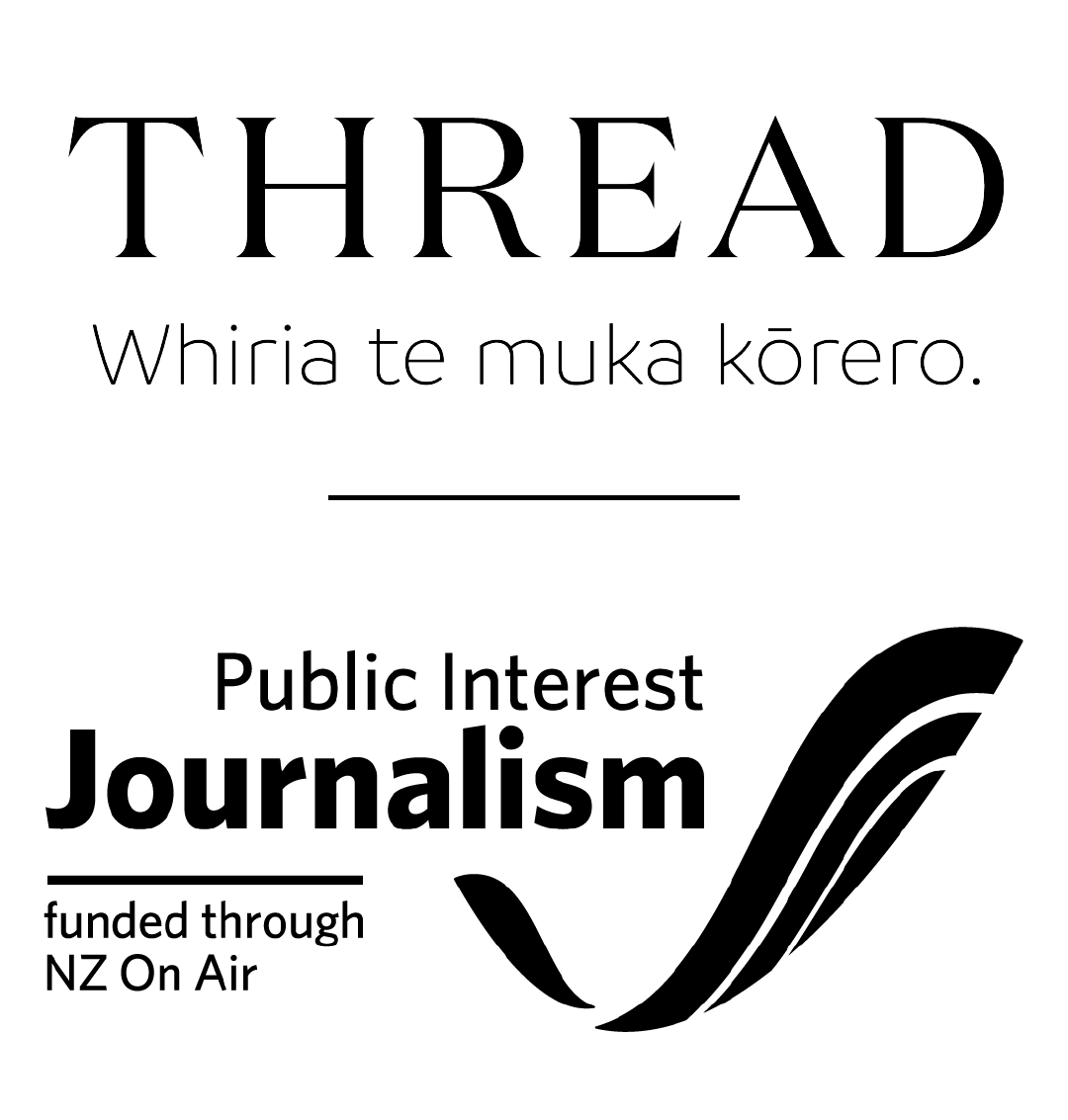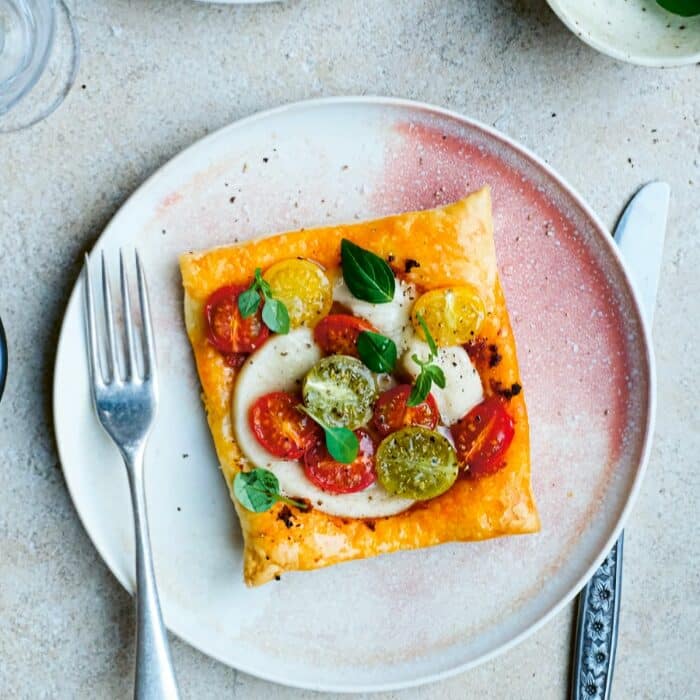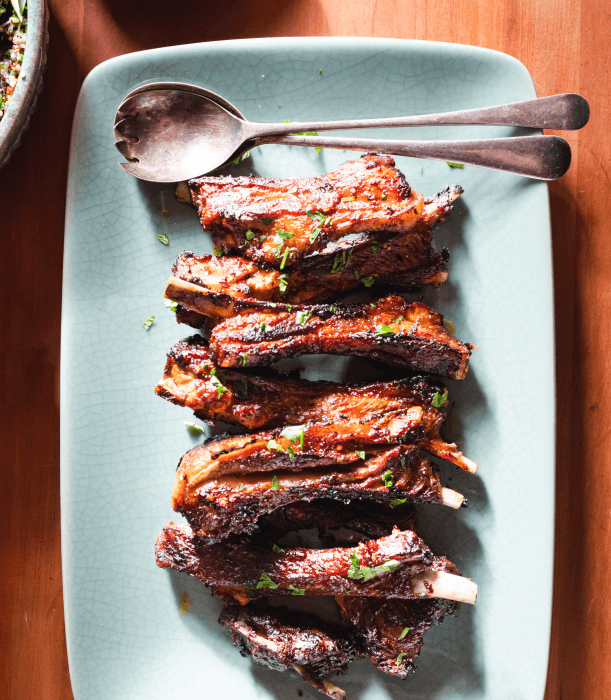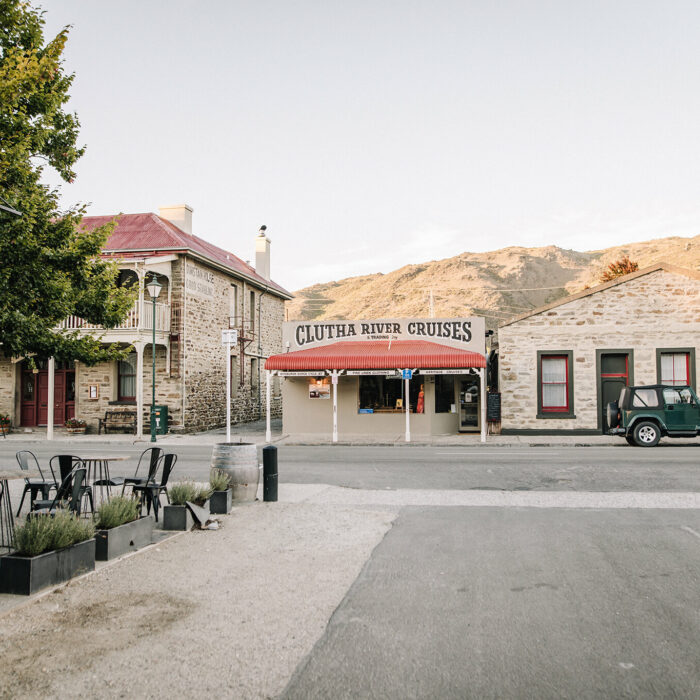26 April 2023
A soul’s calling – how traditional healing methods led a ‘wanderer’ home to her whenua
WRITER: Arpége Taratoa (Ngāi Te Rangi, Ngāti Raukawa, Ngāpuhi, Ngāti Rārua)
PHOTOGRAPHER: Vivian Gehrmann
Nestled away on a farm that has been in her family for a century is a delightful sanctuary where Kara Boyes (Ngāpuhi, Tapuika, Ngāti Raukawa) practises mirimiri. After years overseas, traveling and exploring her interests in traditional healing, Kara, 41, felt the call to return to her home in Pahoia – and to the healing methods of her tūpuna.

Most people default to mirimiri being like a massage, but it goes a lot deeper than that. From my perspective, mirimiri works with the spiritual and physical realm, and it rectifies imbalances in a person’s life. The Māori model of health isn’t just about what’s present in the now, what’s in front of them. With the model of hauora, we’ve got all of our pou, and if any of them are diminished in any way, then obviously we fall down. Sometimes we need to go back generations to find out the root of what’s causing problems for people, so that we can begin to restore balance.
This land where I’m based, doing my mahi from my grandad’s whare, has been in our family for 100 years – my grandad and one of his brothers took over it – and we still have family living on the farm. Growing up, I spent a lot of time in nature, especially being raised on the farm. There were plantations of trees everywhere and at the back of the farm we also had the water, so I used to spend a lot of time down there.
When I was little, I liked to hold or touch people, visualising energy orbs and things like that. People always thought I was just playing a game with them but it felt quite serious to me.
In my twenties I spent some time in South Korea with my partner at the time. His father was a traditional Korean/Chinese medicine practitioner and he sparked my interest in traditional healing. I ended up heading to Australia, where there was a lot of indigenous and traditional medicine. I came across a lot of holistic wellbeing practitioners – both Māori and non-Māori – who took me under their wing, teaching me things to do with energy and bodywork. I was offered sponsorship to start a massage business there, but when I came home to visit in 2018, I realised that I’d been called home, even though I never really wanted to return.
I thought I was going to live overseas forever, but when I started learning about plant medicine, I felt called to work with our own rākau, our own rongoa. So I came back to Aotearoa, wondering what I was doing here, and thought maybe I needed to study massage therapy. I returned home two weeks before the first 2020 lockdown, which was fortuitous timing! I started working for one of the local hauora doing mirimiri, and through that I met a lot of people. Some of my clients were amazing healers themselves: there were kaumatua, who shared a lot of parables with me – the type you have to kind of decipher yourself. I always appreciated that from them because it makes you work for it more!


I went on to study rongoa at Te Wānanga o Aotearoa, where we had lots of guest speakers, and my knowledge just continued to deepen. I have learnt a lot, but I’ve always been wairua-led; I remember one of the kaumatua – who I still do mirimiri for today – saying to me: “As long as you follow wairua, they’ll always have your back – so don’t try to do what other people do, do it your way, and don’t get led astray.”
I became ACC accredited, and started getting a lot of ‘sensitive’ cases, so I often see women and men who have experienced trauma at some point in their life. I also do EAPs [employee assistant programme cases] for businesses whose staff want access to rongoa Māori sessions or mirimiri. I am also part of a roopu called Te Waka Wairua, and we have days over the year where people can come and pay twenty dollars and go to as many of our healers as they want.
When I work with people, I’m working with them in their bodies – it’s like a combination of energy and hands-on mahi. I also like to utilise sound and scent – I use different essential oils – all of the senses, really. For every client the process is different and in terms of wellbeing, it might help one person relax and lead them to growth; others will have significant life-changing experiences. When it comes to whakapapa, some people might clear mamae from their ancestors and so they will feel a sense of release, but all in all, it’s about that balance and alignment of the soul and body, reconnecting to the universe.

While the process is about keeping the space innately Māori, the treatment isn’t just for Māori people. For those who aren’t sure about what it is, or are nervous to try, I encourage them to “just come for a massage” because at the very least they’ll leave feeling more relaxed. There’s no need to be whakamā about coming and experiencing something that you don’t understand, because it’s not going to hurt you.
Even my mother – my very Pākeha mother – came to me for a mirimiri once. She was watching TV and they were doing mirimiri and she said, “Isn’t that what you do? Would it work for me?” After asking if she was open enough to try, I gave her a mirimiri. She has problems with her feet, but after the session, she couldn’t believe that she could actually feel her toes! She hasn’t always had the greatest faith in anything I do, but she actually said to me: “I think you finally found your calling.”
I love this work. It feels like a soul-purpose fulfilment – it just feels right. Every time I think to myself that I’d love to just have a normal job, miracles will happen and I’m reminded of why I am doing this. I get to help people help themselves, and it’s just so beautiful to witness.
Glossary. Hauora, wellbeing. Kaumatua, elderly. Mamae, pain, hurt, trauma. Mirimiri, a traditional healing modality using smooth and soothing motions on the body. Pou, post, column (used in reference to Mason Durie’s Whare Tapa Whā/four walls of wellbeing model). Rākau, trees, branches. Roopu, group. Rongoa, plant medicine. Tohu, sign, guidance, indication. Tūpuna, ancestors. Wairua, spirit, soul. Whakamā, shy, nervous, embarrassed. Whakapapa, lineage, genealogy.


This story is part of THREAD, a year-long project by Shepherdess made possible thanks to the Public Interest Journalism Fund through NZ On Air.
If you enjoyed this story, please share with someone else.
Get your hands on a copy of Shepherdess.
Related Stories
Caprese Tart
These tarts are so easy to make. If you do individual ones, it’s instantly a little special, plus it’s flaky, puffy, soft and crispy.
Sticky Lamb Spare Ribs
I like to use the lesser-used cuts of meat when possible. They are often cheaper, and if attached to the bone (like these spare ribs) they have so much flavour.
Pihikete Pata Me Te Paramu | Plum Melting Moments
These rich, buttery melting moments totally live up to their name. Lemon and freeze-dried plum add zingy flavour, while melted white chocolate and rose petals make sure they look as



